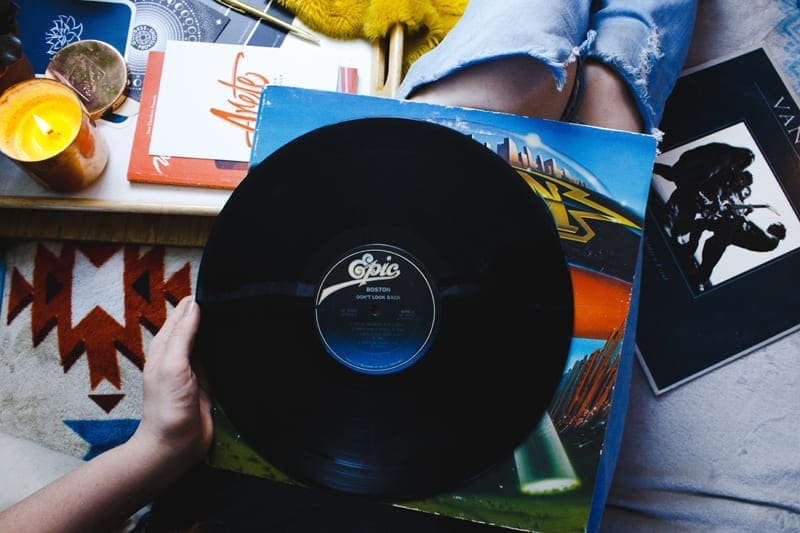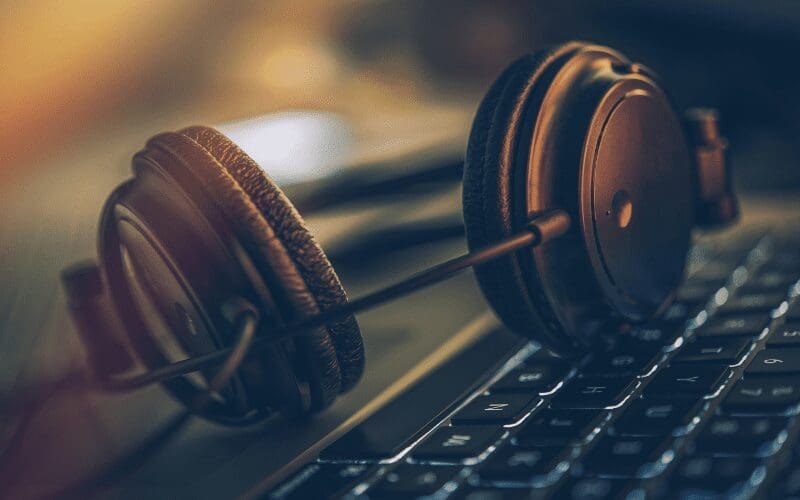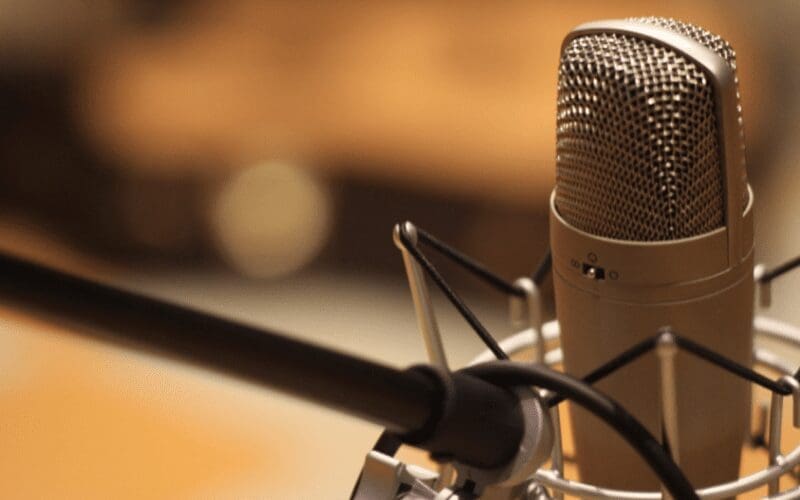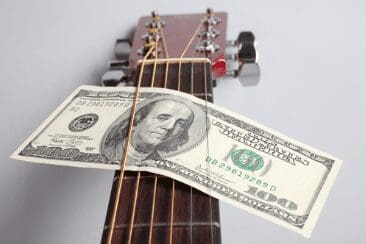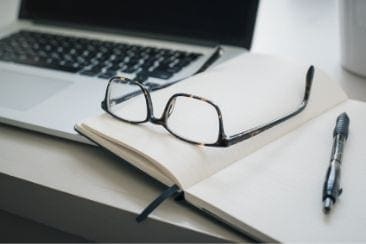You’ve probably heard the term cover song being used but what is a cover song? How does recording one impact your creative experience? As you may be starting out in the music industry and wanting to record music that you didn’t write yourself, a cover version is a great way to express your musical flare. Quite often we hear songs that we assume are originals but were actually recorded by someone else first.
Take ‘I Will Always Love You’ – very often we think of this as a Whitney Houston classic but famously it was written and recorded by Dolly Parton. Even, ‘R.E.S.P.E.C.T‘ by Aretha Franklin was actually an Otis Redding original.
Other famous artists and songwriters either coving or had their songs covered are the likes of Soft Cell (Tainted Love), David Bowie, Led Zeppelin, Johnny Cash, Joe Cocker, Janis Joplin, Gloria Jones, Bob Dylan, The Rolling Stones, Joan Jett, Nice Inch Nails, and Jimi Hendrix.
In recent years the John Lewis Christmas adverts have favoured the cover song, turning it into an annual phenomenon. Revamping some old classics with modern pop stars such as Ellie Goulding performing Elton John’s ‘Your Song‘.
What Is A Cover Version?
In popular music, a cover song is simply a remake. The new performance or recording is recreated by someone other than the original artist/composer of an ‘original song’ (previously recorded song).
It really is as simple as that!
The Difference Between A Cover Version & Original Song
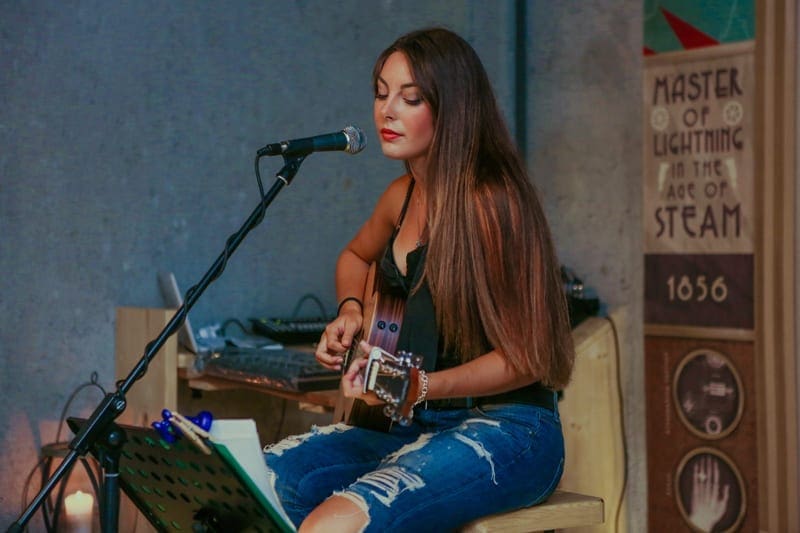
The first recorded version of a song is considered an ‘original’ song. Irrespective of who wrote the song.
A cover song, on the other hand, is usually referred to as a reinterpretation of an original song. This may mean recording an acoustic version, changing the arrangement, or using the lyrics to come up with a different melody.
Let’s use Otis Redding as an example, as we know he wrote ‘Respect’. He kept the rights to the song which meant even when someone covered it he would take a portion of the backend royalties.
When Aretha Franklin recorded the now known smash hit ‘R.E.S.P.E.C.T‘. She changed the song so it barely resembles the original. Even so, she didn’t receive writing credit and had to credit Redding. Except for record sales and live performances, most of the money Franklin’s record made went to Redding and his estate after he passed away in 1967.
So, whether you want to use the original words or most of them, the original melody or most of it, it’s still considered a cover version. When you use a small part of an original song it’s known as sampling. Call it what you like, a remake, a redo, a makeover, an interpretation, copy, or rendition.
Bear in mind even if you cover a cover e.g. ‘Hallelujah‘ (originally sung by Leonard Cohen then covered by Jeff Buckley in 1994 and again by Alexandra Burke in 2008). The latest cover still needs to credit the original writers.
Understanding Publishing Rights For Covers
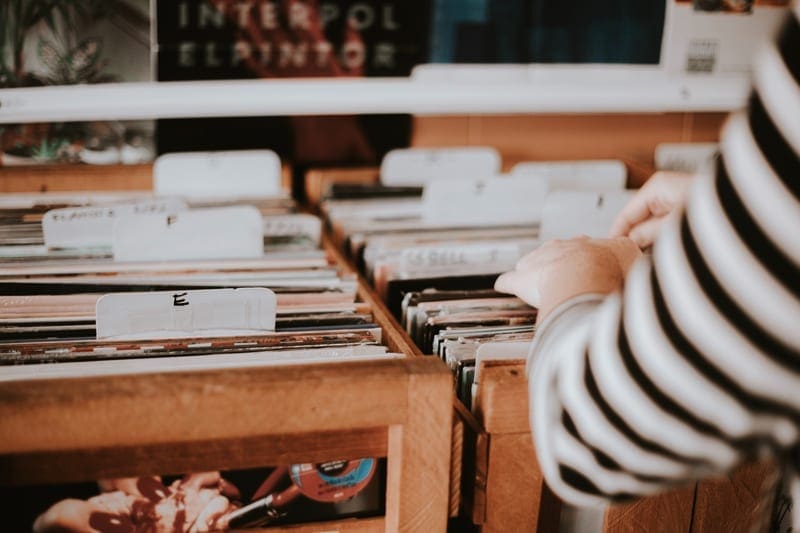
Very often new acts use someone else’s hit song to get recognised in the music industry. To be able to distribute and sell what is a cover song you need to secure a mechanical license from the publisher of the original song as well as pay them the necessary mechanical royalties.
If you are performing the cover song live, there are no issues with copyright. However, if you want to record and sell it as a record or download, you will need to get permission from the song’s publisher. While licensing rules differ slightly depending on the country, companies like Easy Song can take the pain out of clearing your cover song for release.
Initially, many musicians may not know there is two main parts to music copyright. Publishing rights are known as a copyright in the song, whereas the copyright of the sound recording is known as master rights. The publisher will only deal with the publishing rights, which is the songwriting and composition (including the music and lyrics). Publishing rights for a cover version of an original song is owned by the original writers and their respective publishers.
Obviously, not all songwriters have a Publisher, technically the independent songwriter themselves are the publisher and can enter into a legally binding agreement with a publisher to represent their rights and claim all the royalties on their behalf.
|cta-link type=’artist-development’|
New Cover Recording (Master Rights)
Master recordings are new recordings of a musical performance that can be played back, or reproduced. Master rights are usually owned by the record label, especially if it’s a well know recording, but as an independent artist, you are technically deemed as the label and master rights owner.
You can make money from master recordings by selling your own recordings directly to your fans or distributing them on iTunes, Spotify or Apple Music via a music distribution company. Alternatively, when you sign a record deal the record label that helps pay to produce your master recordings will distribute them on your behalf.
When you have produced a master recording you need to make sure you register with PPL (UK) or SoundExchange (USA). PPL ensures you will be fairly paid for your work and has licensed over 110,000 performers.
SoundExchange is a non-profit organisation established by the Copyright Royalty Board. Registering with either will ensure your music is protected. They collect the royalties for the mechanicals paid to the master rights owners, so as an Independent Artist, you should register to claim your monies and it’s free to register.
Distributing A Cover Song
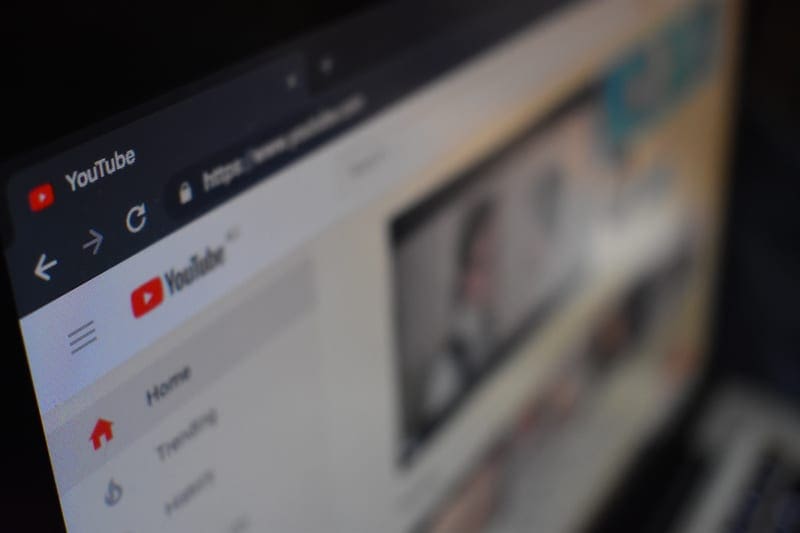
Now we know what a cover song is, how do you go about distributing one?
Many artists sign away their master rights to a record label, either for a set time or the length of the copyright (which is currently 70 years after you die). The label will then offer the artist an advance payment on future royalties, which is recouped over the period of the contract.
If you want to record your own version of a cover song and release it, you will need what is known as a ‘mechanical license’ which is the right to make copies of the song’s musical composition such as the lyrics and notes.
If you want to release a cover version and get it distributed it is possible. You just need to make sure you register the song with the performing rights society as your version with the original songwriter attributed.
Check out this list of the best music distribution companies, which you ended to use to get your music on Spotify and other DSPs (Digital Service Providers).
Synchronised License
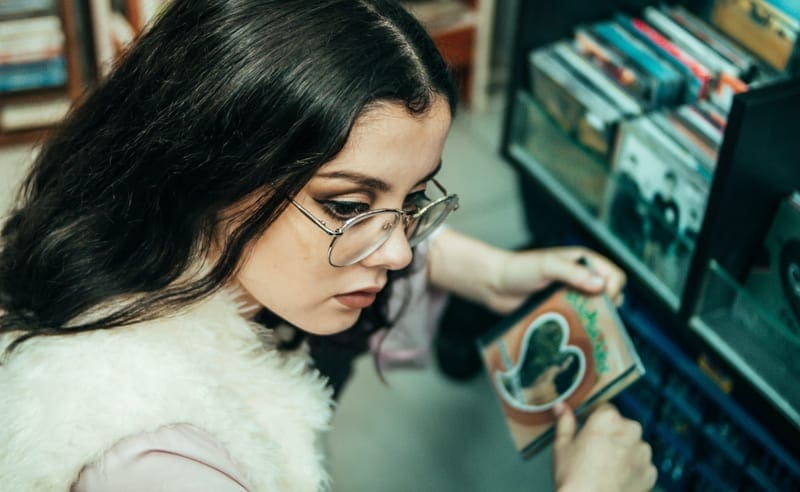
When you release a recording of a cover song you are allowed to create and release a music video for broadcast. However, you must understand and not be confused with sync licensing as you can’t license the record for Ads, Games, Film or TV without getting permission from the original songwriters or their respective music publishers.
For songs that are in the public domain, you don’t need a sync license from the publishers, if the songs were published before 1925.
When you create your own recording of what was a cover song you need to consider how you will get it produced. You can’t take an instrumental of someone else’s version or use the original and claim it as your own, it has to be an original production.
Although you own the recording of your cover song, the publishing rights of the copyright owner still owns the composition.
Can I Change The Lyrics Or Melody Of A Cover Version?
Technically, yes you can do anything, but you can’t claim any publishing rights and the original writers may object to the version being released to the public.
If the publisher does give permission you just need to credit the songwriters so the royalty payments are going to the right people. Once you get the go-ahead you are allowed to change the song how you like for example, you may wish to adapt the lyrics, music or arrangement.
You can then make money off your version of the song through performances, iTunes sales, streaming services. For every sale of the cover song performance, you will need to pay song royalties via the services that you use (EG this is done for you when distributed).
Overall, many artists nowadays start off by putting out cover songs, especially since the rise of reality music shows and YouTube channels. Covering songs is an easy way to get you started within the music industry, it is a way to get yourself heard and discover your own sound before putting out original tracks.
If you haven’t signed up for Spotify Premium yet – what are you waiting for?! Sign up now to enjoy unlimited ad-free music, anywhere!






